How is Foam Soft Seating for Schools Made?
Ever wonder how soft seating is made? Soft seating is an essential tool for creating dynamic, diverse learning environments where…
education, knowledge, leisure, literature and people concept - smiling young asian woman or student girl in glasses reading book at home

The Thrive Philosophy was created to show how the conscious design of environments can impact human happiness and health for all. Incorporating six key facets of human development, Thrive encapsulates thoughtful consideration of every space—where all are supported, encouraged, and given the tools to succeed and grow.
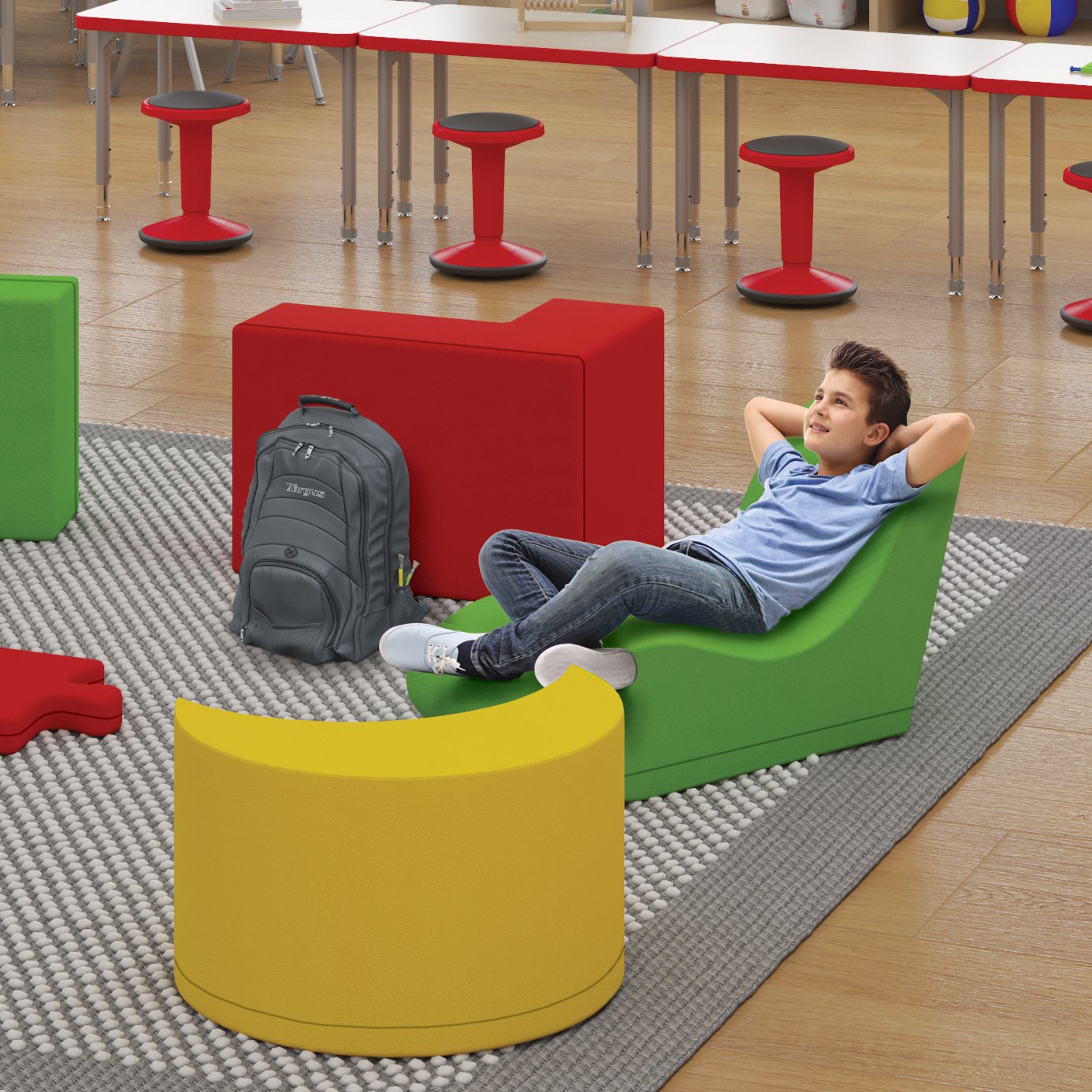
Ever wonder how soft seating is made? Soft seating is an essential tool for creating dynamic, diverse learning environments where…
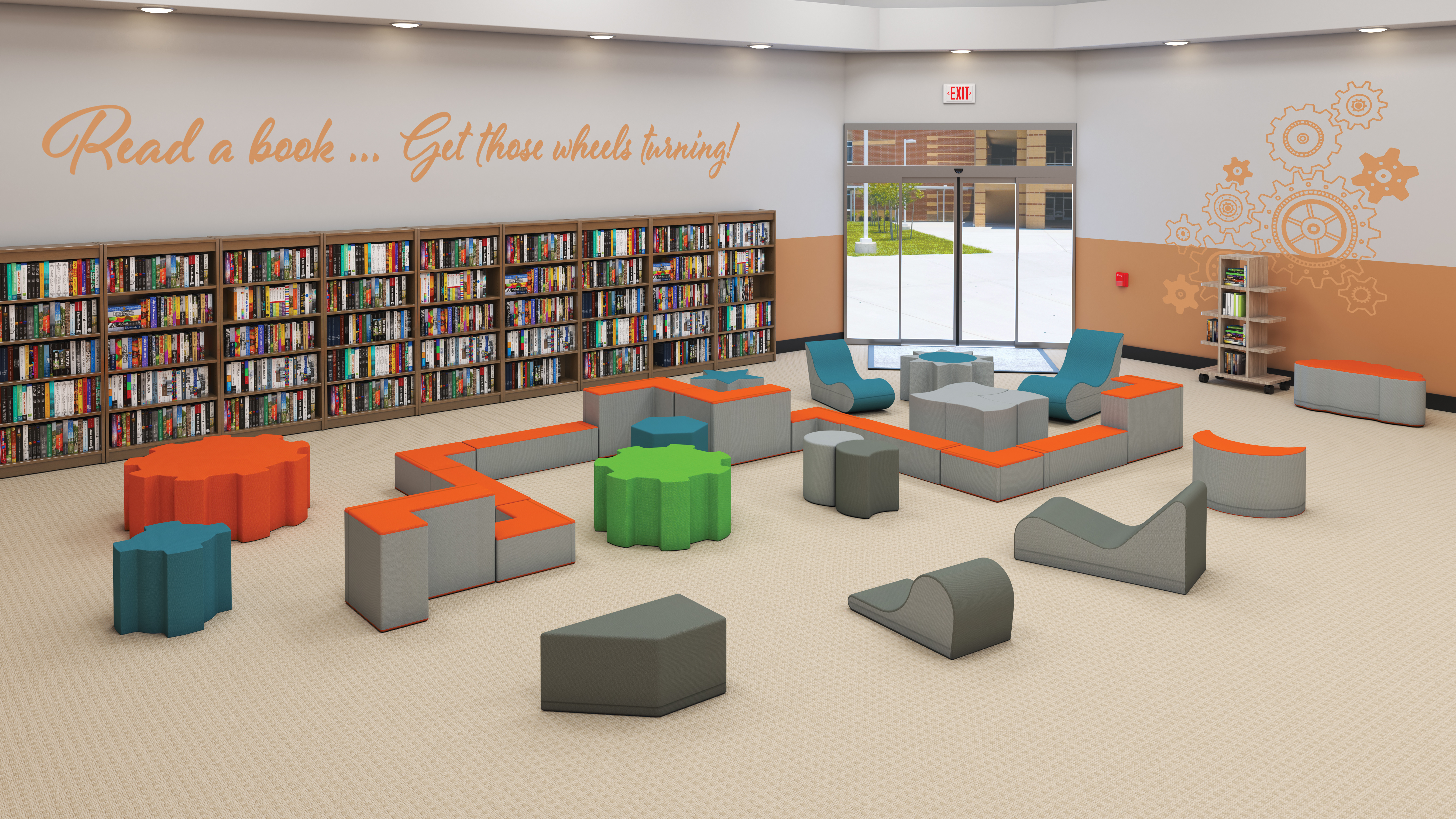
It’s widely known that students benefit from schools swapping out desks with more comfortable seating arrangements. Adaptive, mobile, foam soft…
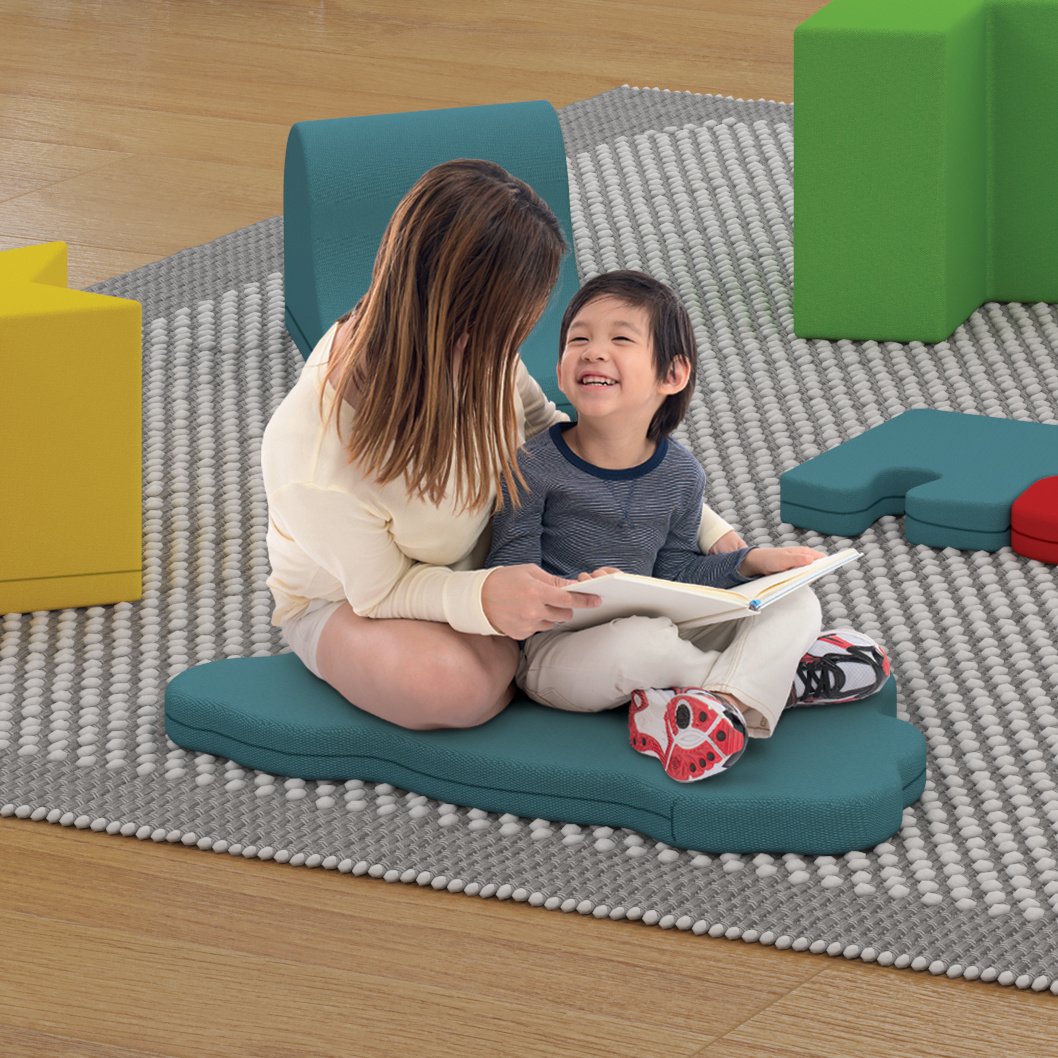
It’s widely known that students benefit from schools swapping out desks with more comfortable seating arrangements. But what are the…
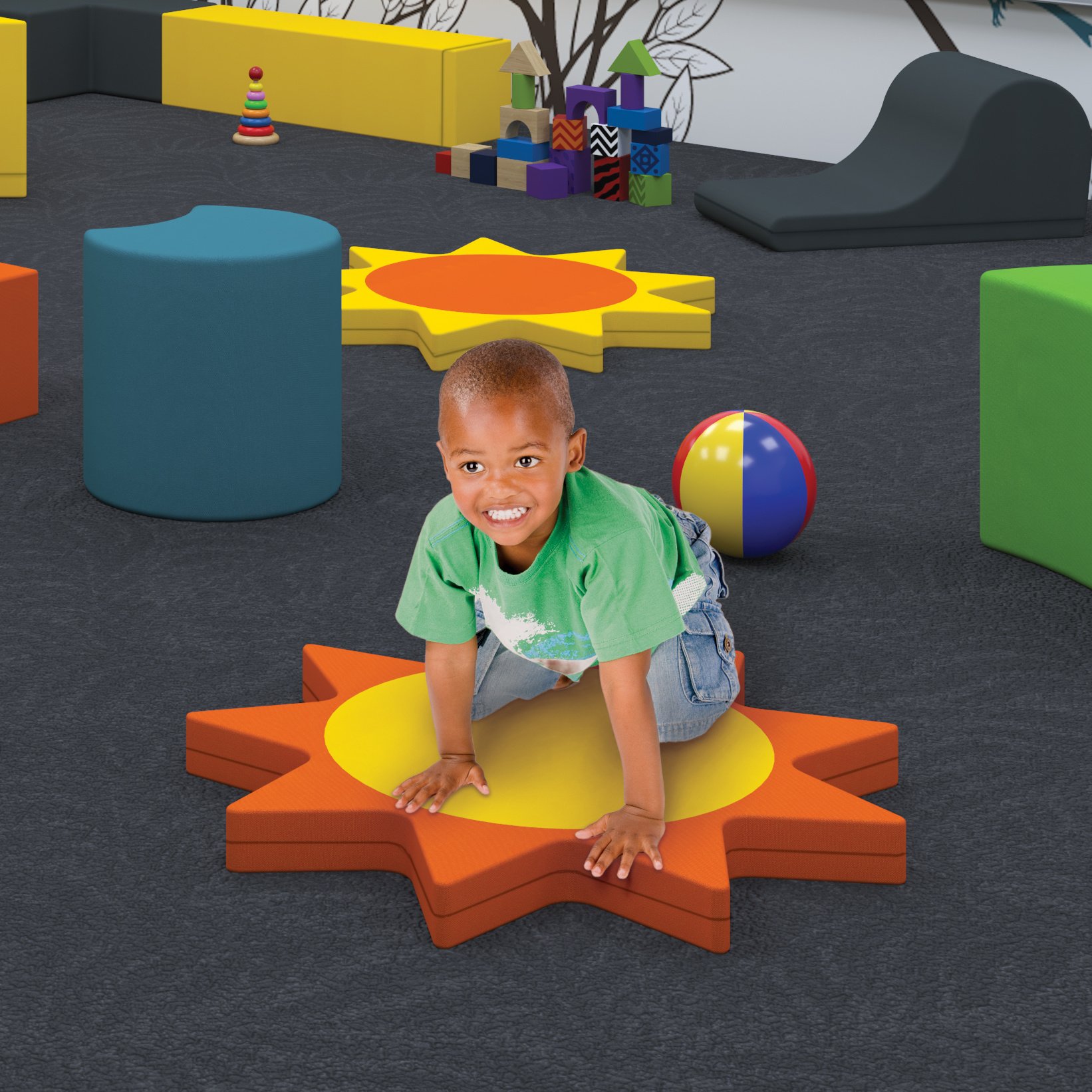
All foam soft seating is not just about comfort and playfulness, it’s about creating an environment that meets each student…
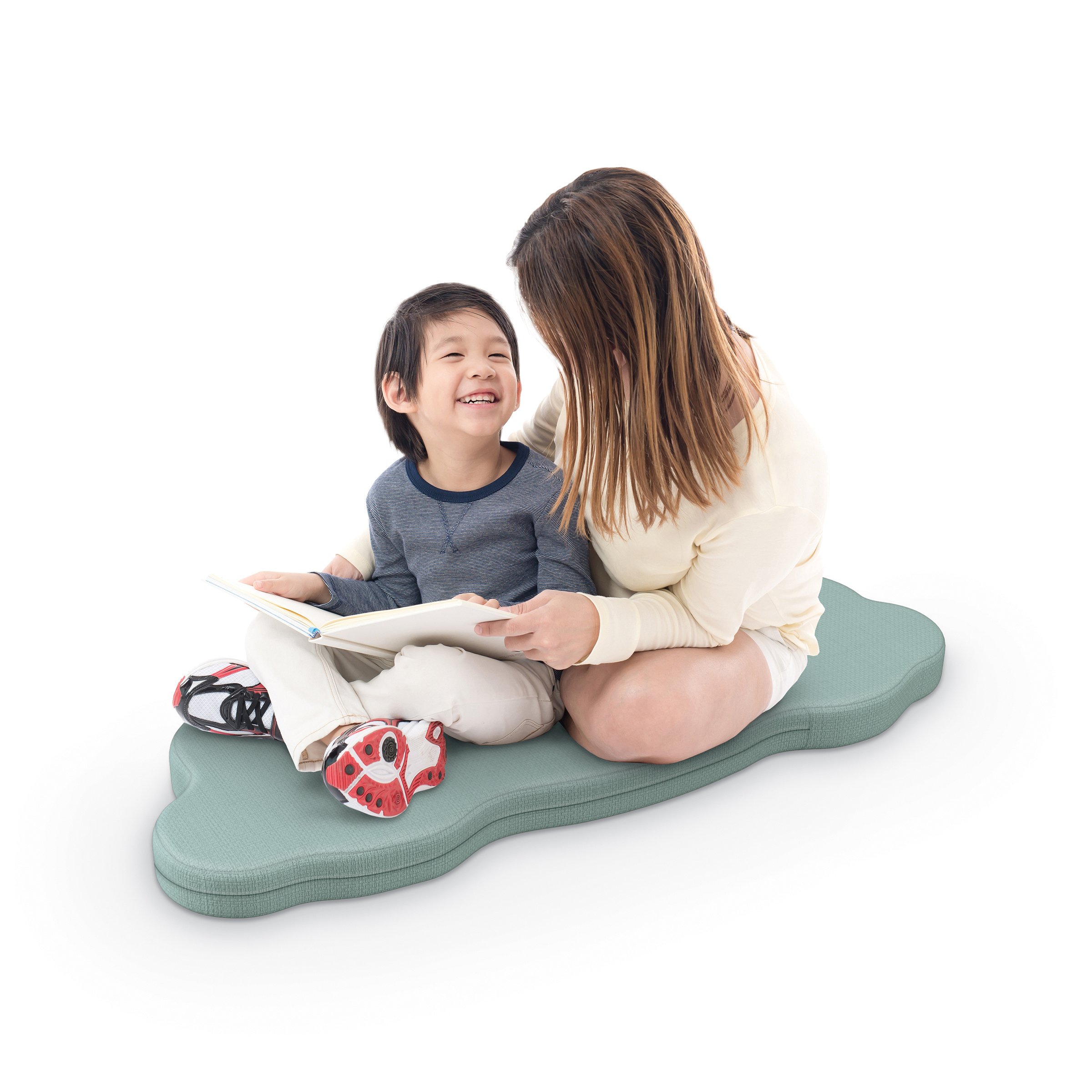
MooreCo’s three new lines of lightweight, durable, All Foam Soft Seating encourages choice and fosters autonomy, allowing students and teachers…
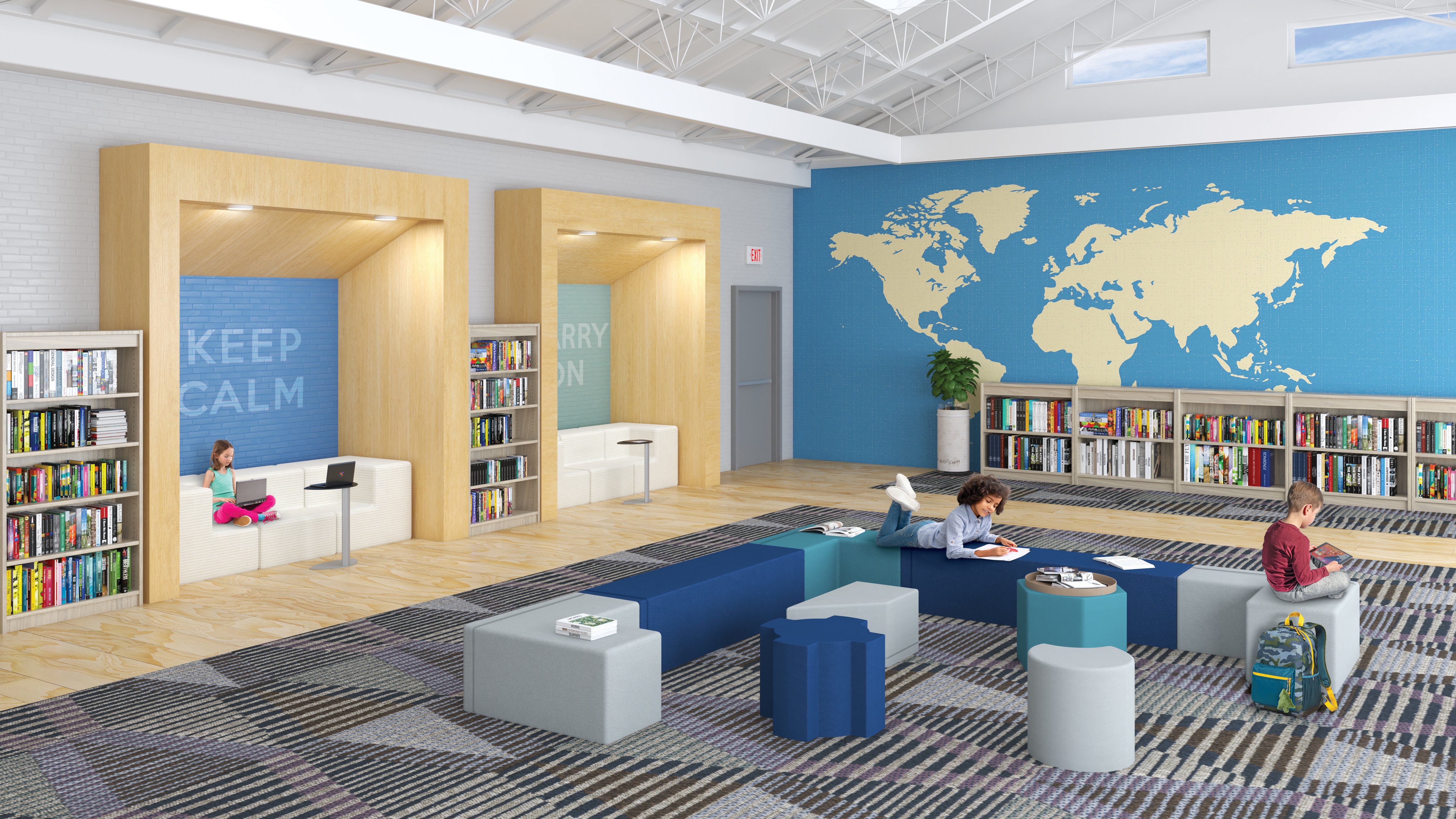
All Foam Soft Seating is the newest addition to MooreCo’s inclusive, versatile, adaptable line of products. Presented in three collections,…
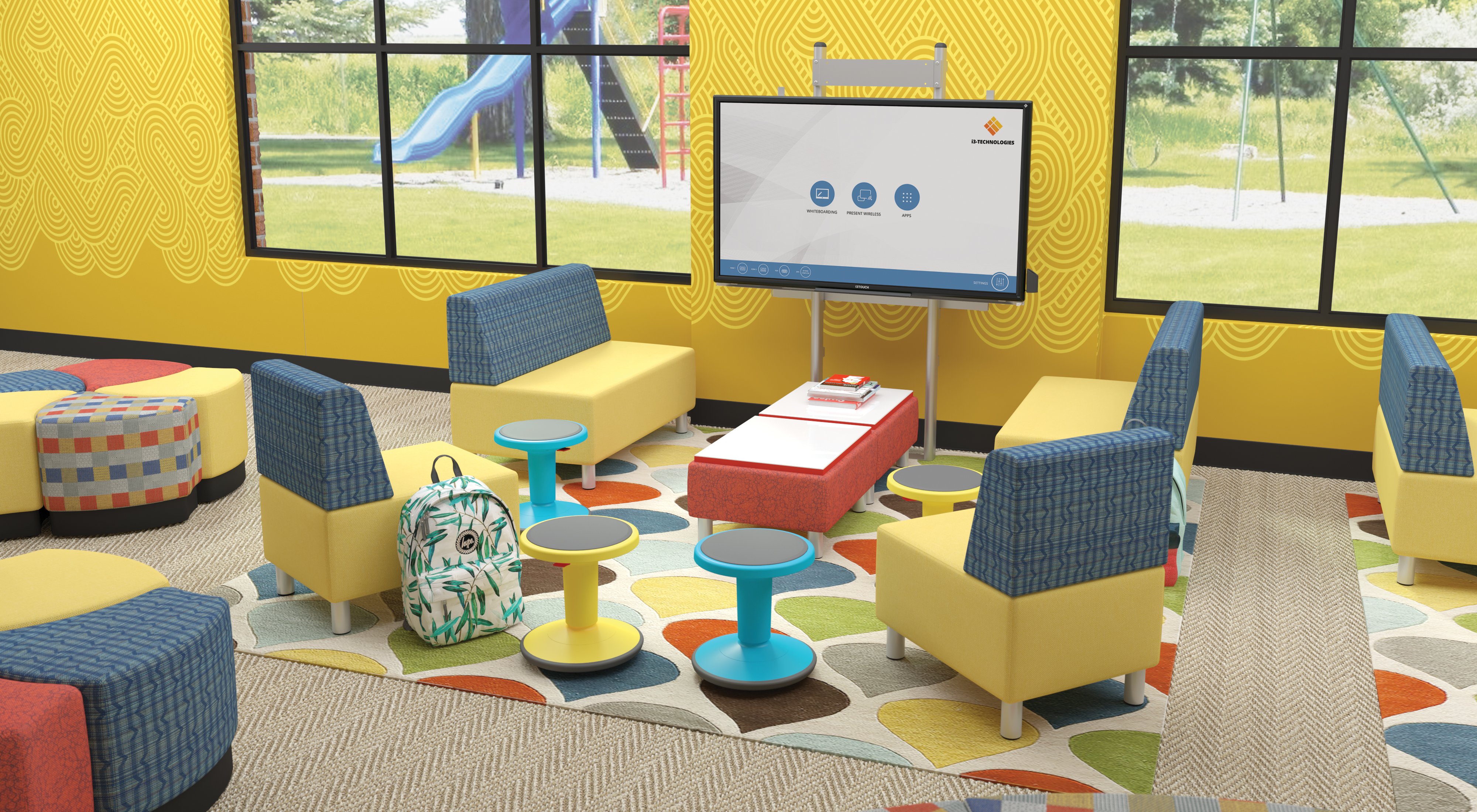
MooreCo has a finger on the pulse of current trends in learning, working, and personal growth to address developmental needs…
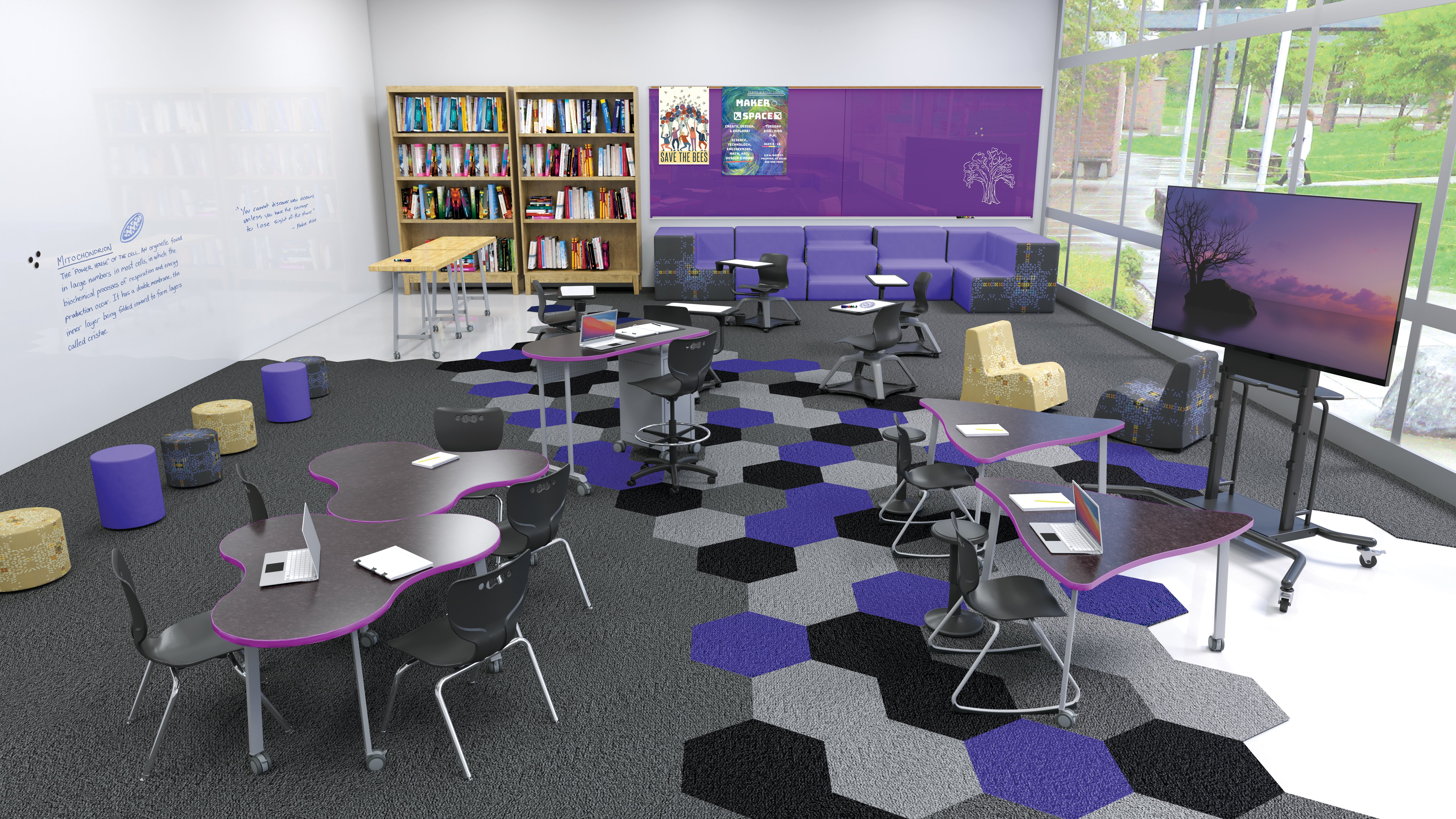
In today’s educational landscape, the crucial role of classroom furniture in student success is becoming more and more prevalent. Traditional…
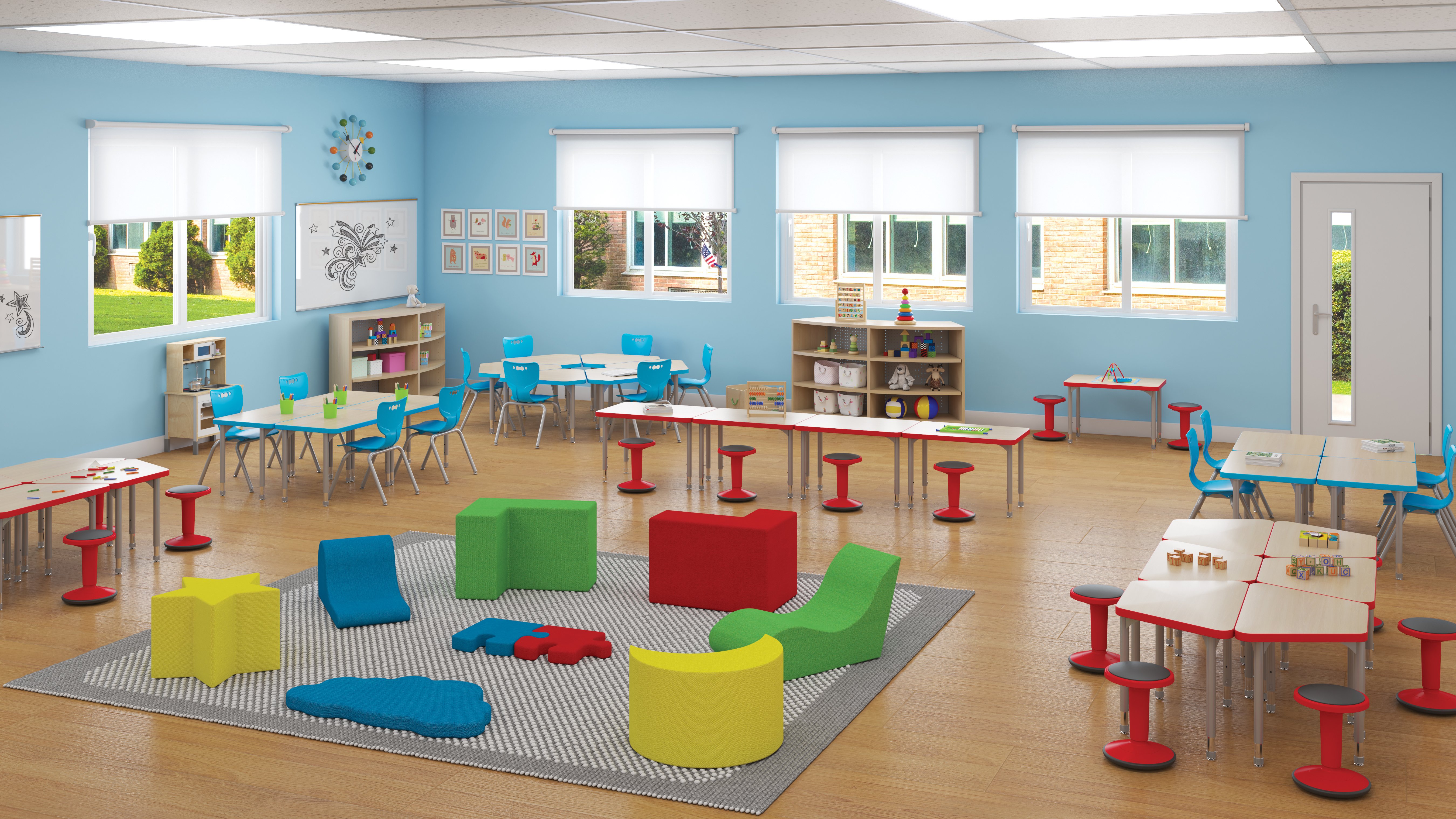
It’s widely known that students benefit from schools swapping out desks with more comfortable seating arrangements. Adaptive, mobile, foam soft…
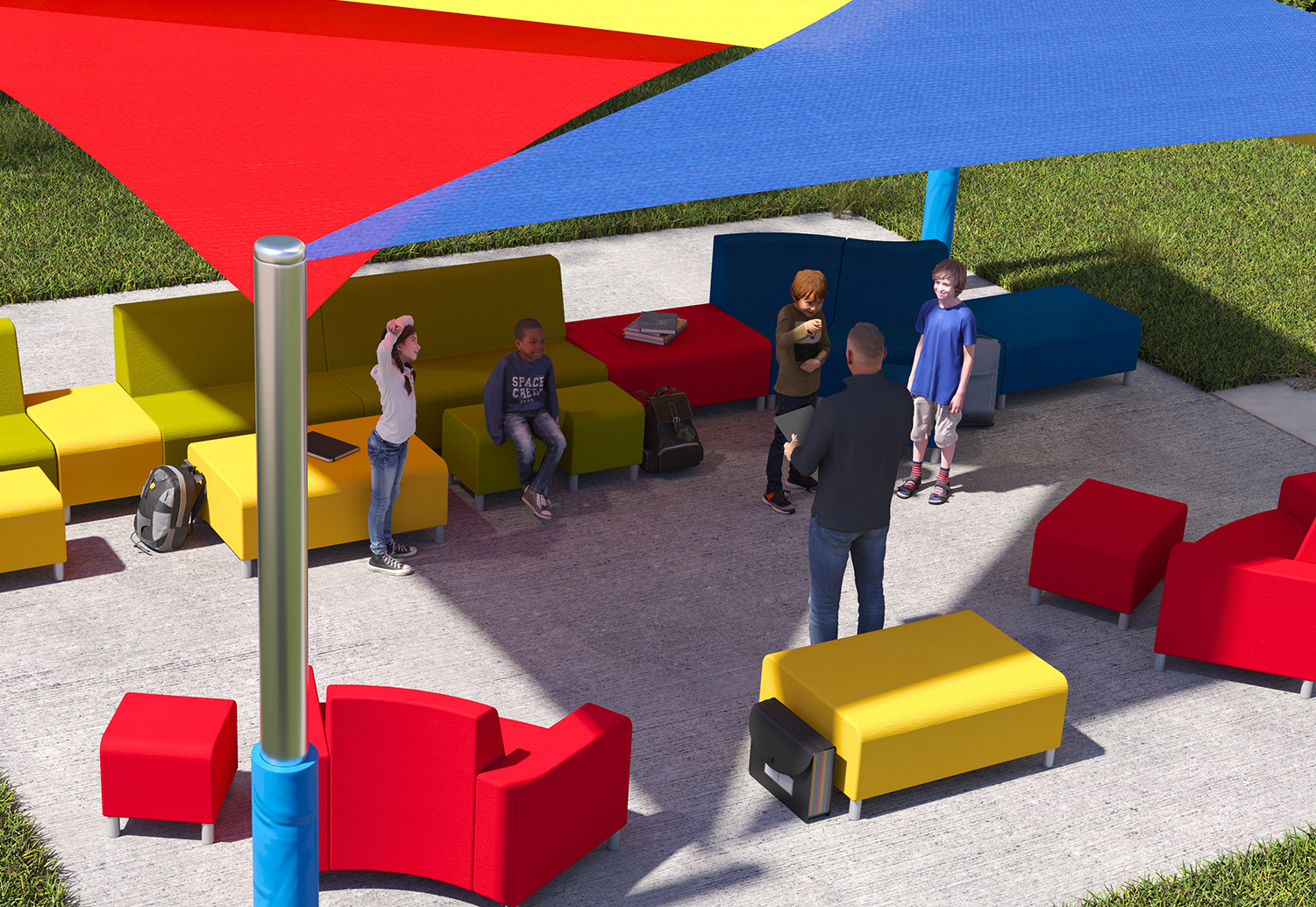
Open Air. Open Minds. Open Doors. Phoeby is a truly unique line of indoor/outdoor modular soft seating inspired by the…

Alexa Feldman, Interior Designer Coordinator, LPA Design StudiosCreating a space where like-minded kids can feel comfortable, can build relationships, and work together is an important part of developing community.
Thom Gibson, STEM & Robotics TeacherHaving a project-based classroom where there are multiple avenues to accomplish a task helps prepare students to think more creatively.
Will LeStrange, Feng Shui ConsultantThe messaging that comes off of a building is telling our users, our clients, our parents, our investors, about the values and the beliefs that we hold, that are intrinsic with our identity, health and wellness, vision, purpose, and spirit.
Sylvia Kowalk, Director of Interior Design, Legat ArchitectsGen Z knows where they’re heading in life, and what they’re expecting in their college—health and wellness and life balance and everything that makes a human a human.
Robin Randall, Director of Pre K-12, Legat ArchitectsSocialization needs to be intentional. We need that expansive space, so students really are intentional about socialization, and are connecting with the people that they need to, in person, and getting the resources that they need in order to thrive.
Dr. Lisa Harris, OT Healthworks ErgonomicsHaving furniture that is movable and adaptable with different patterns and colors is important. The more opportunities that we can provide for people to self-select, the more we can meet different people’s needs.
Intellectual: I Can Learn
Flexible furniture and technology tools create a balanced environment to support all learning styles and abilities, to provide sensory stimulus, to improve focus, and to foster connectivity and collaboration.

Social-Emotional: I Belong
Configurable work and rest environments where users can socialize, problem solve, and work together on common goals promote a sense of community and belonging, bolstering empathy, compassion, emotional intelligence, and self-confidence.

Spiritual: I Can Breathe
Mindful spaces for breathing, reflection, and quiet introspection help provide opportunities for contemplative thinking. Overstimulated users benefit from calm moments, and may find balance in areas that provide moments of rest.

Physical: I Can Move
Ergonomic furniture that allows physical movement and easy positional changes, enabling proper posture and adequate stimulus, provides energy to engage and stimulate, while supporting high performance opportunities.

Psychological: I Feel Safe
Balanced room design that includes spaces to recuperate alone or gather together provides a sense of belonging and safety. Optimal psychological development comes from allowing users the freedom to discover how they work best.

Moral: I Feel Empowered
Differences evaporate in spaces designed to encourage diversity of thought and collaboration. Empathetic growth can be achieved with inclusive furniture for accessibility and collaborative seating for open discourse: the tools that allow students to express themselves and hear one another.

Social-emotional development is our burgeoning awareness of our own and others’ emotions, feelings, and experiences. Being able to recognize, regulate, and move through emotions in school or the workplace can reduce conflict, and lead to a happier workplace or learning environment. When we are adept at social-emotional literacy, or the “soft skills”, we demonstrate greater capacity for leadership through empathy, communication, and conflict resolution.
Intellectual development refers to our ability to comprehend, reason, and make decisions. Each of us may thrive differently, depending on our specific needs, styles, and learning abilities. Experts suggest that balanced environments that provide both collaborative and individual space will help us expand our critical thinking and problem solving skills.
Our psychological development evolves throughout a lifetime and can be affected by events and circumstances. Trauma, isolation, bullying, and inequity can all influence our ability to learn and grow optimally. When we are in tune with our emotional and mental state, we are better able to navigate the world around us. Experts suggest that we thrive in multi-functional spaces that blend traditional structure with independence and personal workspaces.
Spiritual development refers to our connection with the human spirit. Practices like mindful breathing, journaling, or meditation can lead to a sense of harmony and an awareness beyond ourselves. Design can influence this sense of harmony. Spaces centered around music, art, and meditation are essential to lifelong spiritual growth. Using color, natural lighting, biophilic design, and the arrangement of furniture, rooms can be made to help increase our sense of self-compassion and inner peace, even in schools or the workplace.
Moral development is not just our fundamental understanding of the difference between right and wrong. We all, from students to those in the workforce, confront the daily challenge of wanting to feel included and accepted, and to feel our values are supported and shared. From a design perspective, environments that foster inclusion come from providing space and accessibility for everyone, so that spaces are not only functional, but provide a supportive sense of belonging.
A body that is comfortable and can move as needed without undue strain is vital for our well-being in school or in the workplace. Physical development and variety of action and position is an important consideration for any space design. This includes ergonomically-sound furnishings that will help encourage our physical health, as well as tools that will adequately stimulate, support, and provide comfort to learners, educators, and workers with differing needs and abilities.
An insightful and honest look at the importance of creating spaces that respond to today’s unique issues, this video reveals how MooreCo’s Thrive Philosophy supports human health and happiness. MooreCo has a finger on the pulse of current trends in learning, working, and personal growth to address developmental needs head on. Our compassionate approach to design fosters wholistic personal development, inspires users to nurture every facet of themselves, and leads users on a path to Thrive.
If you’ve missed any of MooreCo’s informative and educational webinars featuring discussions about education and design with experts in the fields, please download them here.

Designing for the Next Generation of Collegiate Environments

The Best Use of ESSER Funds for Your School

Creating Environments for Optimal Human Development and Wellbeing

Creating the Classrooms of Tomorrow

An Open Discussion About the Challenges of COVID-19 and Classroom Design
Environments to inspire, engage, and encourage growth
Environments to foster focus, clarity, and creative energy
Thrive: The Catalog
Act: \ˈakt \ (verb): to perform a specified function; to produce an effect.
By using this website you agree to our updated Conditions of Use and consent to the collection and use of your personal information as described in our updated Privacy Notice, which includes the categories of data we collect and information about your preferences and rights.
Accept